Zoolook
TPF Noob!
- Joined
- Dec 8, 2008
- Messages
- 7
- Reaction score
- 0
- Location
- Brookyn, NY
- Can others edit my Photos
- Photos OK to edit
Hi all, this is my first post here.
I have been an enthusiast photographer for about 17 years, having used an Olympus OM-1, Canon EOS 33 and various digital cameras like the Fuji S9000 and Olympus 5060 amongst others. I have never bought a digital SLR
My wife is a journalist and sometimes does word and picture features, and has had photos published in national newspapers and magazines (in the UK) - she has traditionally used slide, but now, like me, is interested in moving to digital.
Bearing in mind the economy, and other priorities we have between us (like Grad school and saving for an apartment in NYC), we're looking for a solid DSLR, that will suit both of our needs; occasional photo-journalist requirements and a lot of enthusiast work, but isn't going to break the bank!
I am a lot more technical than she is, although she has the far better eye, so something that's simple on the surface, but has deeper features as well that are easy to access.
So far, the cameras that have caught my eye are: Canon 30D (older but seems good value), 40D, 50D (are these worth the extra cash?) used 5D (around $1300) Rebel XSi (how does this compare with the older 30D?) Nikon D80, D200 (seem to be the same price-ish) Olympus e520 and Sony Alpha 300,, 350, 700 (at a push)
Basically I can spend $700 or more on a body and get a couple of good lenses, or get a more expensive body (circa $1100 and perhaps only one lens).
Looking for advice on flexibility, easy of use, image quality and longevity. If there are others I have missed, feel free to comment.
I have been an enthusiast photographer for about 17 years, having used an Olympus OM-1, Canon EOS 33 and various digital cameras like the Fuji S9000 and Olympus 5060 amongst others. I have never bought a digital SLR
My wife is a journalist and sometimes does word and picture features, and has had photos published in national newspapers and magazines (in the UK) - she has traditionally used slide, but now, like me, is interested in moving to digital.
Bearing in mind the economy, and other priorities we have between us (like Grad school and saving for an apartment in NYC), we're looking for a solid DSLR, that will suit both of our needs; occasional photo-journalist requirements and a lot of enthusiast work, but isn't going to break the bank!
I am a lot more technical than she is, although she has the far better eye, so something that's simple on the surface, but has deeper features as well that are easy to access.
So far, the cameras that have caught my eye are: Canon 30D (older but seems good value), 40D, 50D (are these worth the extra cash?) used 5D (around $1300) Rebel XSi (how does this compare with the older 30D?) Nikon D80, D200 (seem to be the same price-ish) Olympus e520 and Sony Alpha 300,, 350, 700 (at a push)
Basically I can spend $700 or more on a body and get a couple of good lenses, or get a more expensive body (circa $1100 and perhaps only one lens).
Looking for advice on flexibility, easy of use, image quality and longevity. If there are others I have missed, feel free to comment.
Last edited:


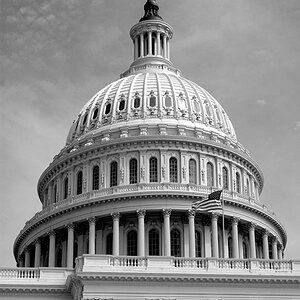
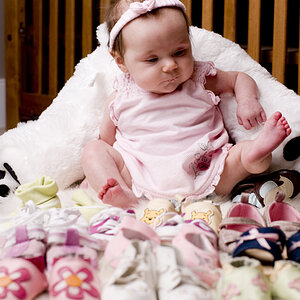
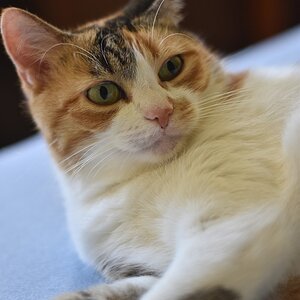
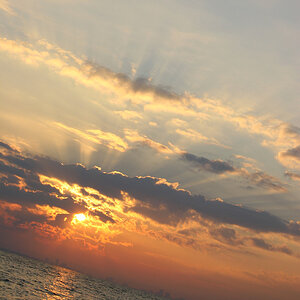
![[No title]](/data/xfmg/thumbnail/35/35948-700e0d840da0ca73727b1bd6d99b4142.jpg?1619737257)
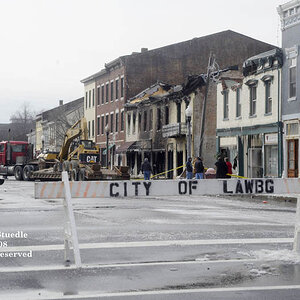
![[No title]](/data/xfmg/thumbnail/35/35946-771bfce9b2727c9126587d96c471da80.jpg?1619737254)

![[No title]](/data/xfmg/thumbnail/35/35952-55c8d42ec1c6ff0e13b45356cbf9c068.jpg?1619737263)
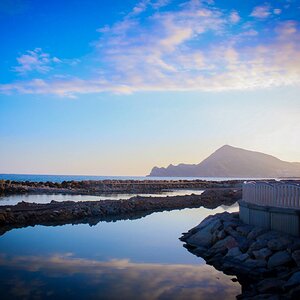
![[No title]](/data/xfmg/thumbnail/33/33495-c9bffdaa44506a6169a2faff5c7e086e.jpg?1619736004)
![[No title]](/data/xfmg/thumbnail/32/32637-865ab9beec7e00237b64e4fcb8fe947f.jpg?1619735555)